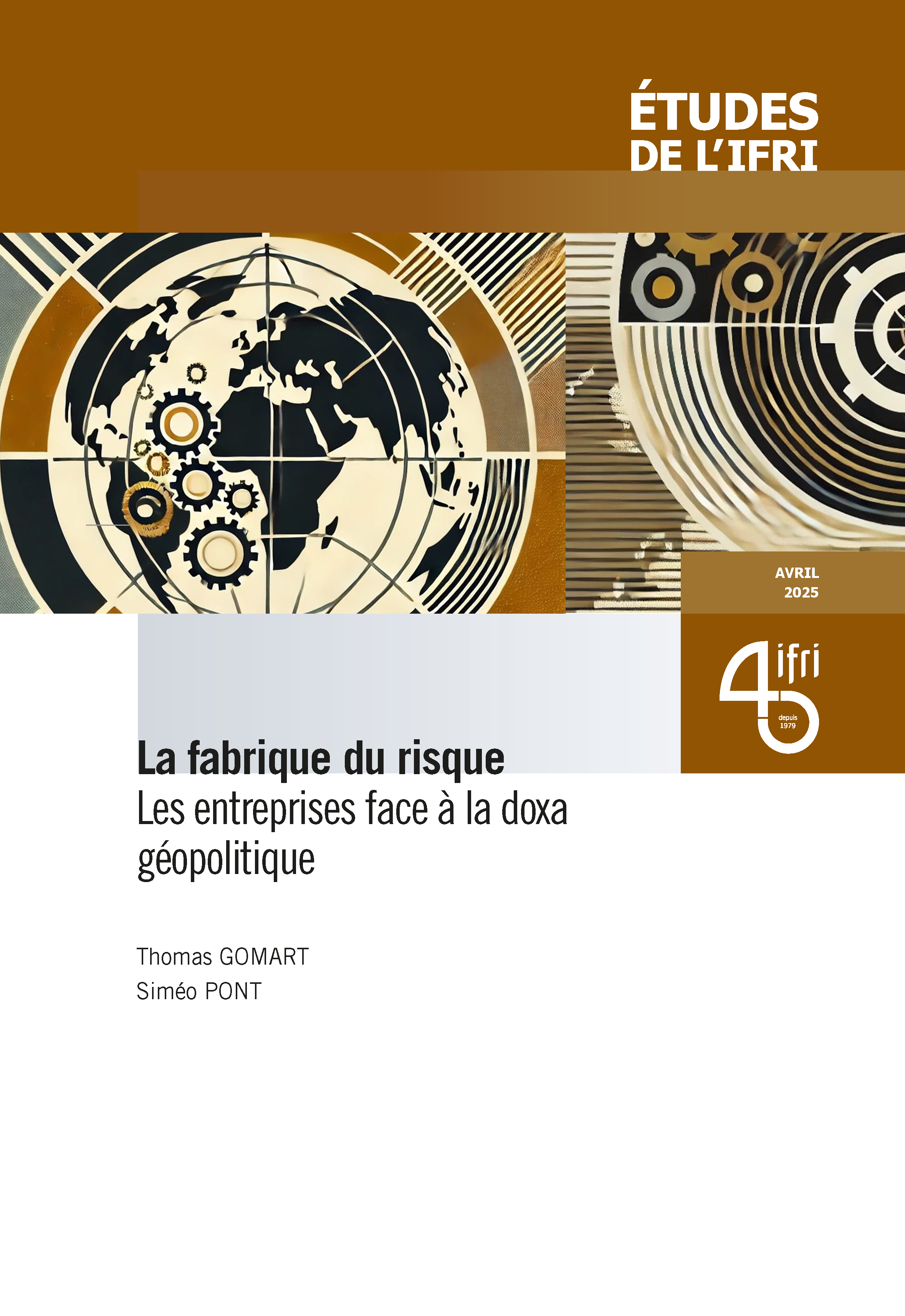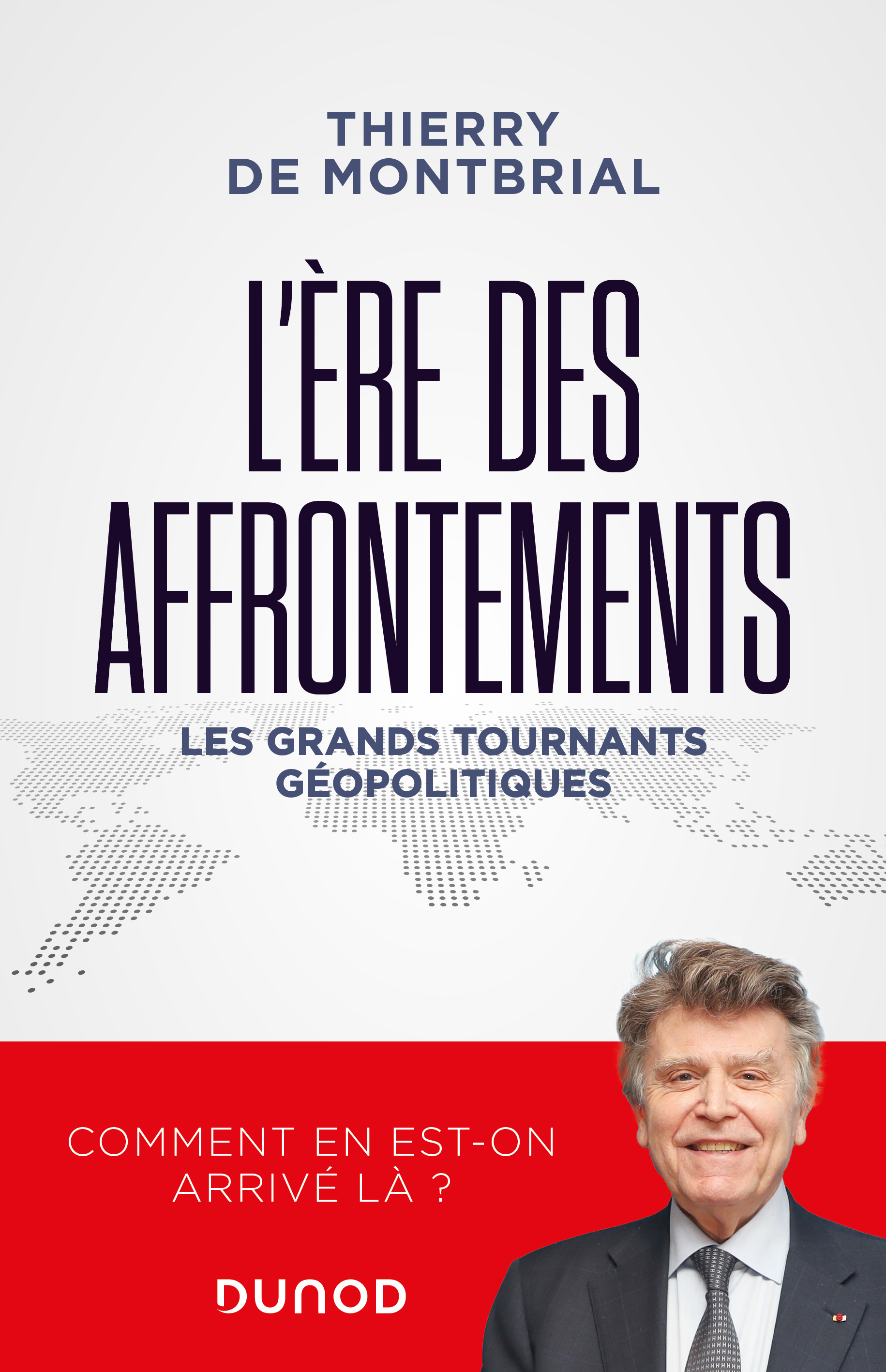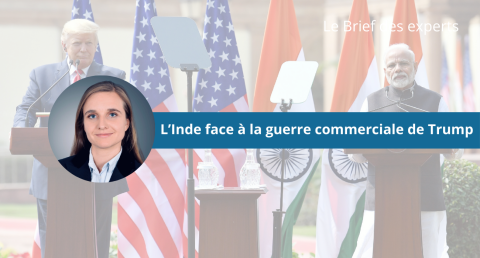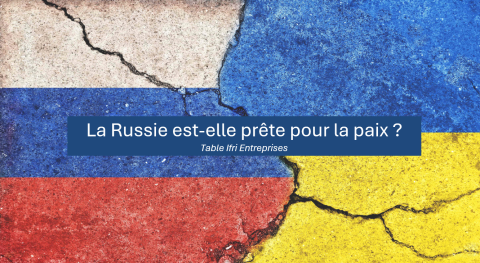
Informations pratiques
Centres et programmes liés
Ceci est un événement réservé.
En savoir plus sur nos programmes de soutienThe EU is now China"s most important trading partner while China is the EU"s second most important partner after the US. With such an intensive trade relationship, it should come as no surprise that trade tensions have intensified between the two partners, particularly on issues such as market access and intellectual property rights, anti-dumping and other trade-remedy instruments. At the same time, the importance of the trade relationship makes it all the more important to find mutually beneficial solutions to these conflicts. The objective of this meeting is first to clarify European and Chinese economic policies towards each other and how they are formulated, and secondly to highlight various challenges seen from both sides and suggest ways of moving the relationship forward.
8:45 - Welcome addresses
Thierry de Montbrial, Founder and President of Ifri
Qu Xing, President of the China Institute of International Studies (CIIS)
9:10 - Formulating European and Chinese trade strategies
Mauro Petriccione, Director for Asia and Latin America, DG Trade, European Commission
Paul Hunsinger, Special Representative of the Director General for International Affairs, Direction générale du Trésor, France
Michael Smith, Jean Monnet Professor of European Politics, Loughborough University
Jin Ling, Research Fellow, Department for European Studies, CIIS
Chair: Françoise Nicolas, Director, Ifri Center for Asian Studies
10:45 - Networking/refreshment break
11:00 - Understanding and overcoming trade irritants
Cui Hongjian, Director, Department for European Studies, CIIS
Françoise Nicolas, Director, Ifri Center for Asian Studies
Raphael Leal-Arcas, Professor, International Economic Law, Queen Mary University, London
Chair: John Seaman, Research Fellow, Ifri Center for Asian Studies
12:30 - Concluding remarks
Autres événements

Le retour de la « grande coalition » – quel leadership allemand dans un monde incertain ?
Le nouveau gouvernement allemand, une « grande coalition » probablement dirigée par Friedrich Merz, va devoir faire face à un environnement international complexe, marqué notamment par un bouleversement des relations transatlantiques. Les attaques de l’administration Trump à l’égard des alliés traditionnels des Etats-Unis, le rapprochement entre Washington et Moscou, ainsi que les incertitudes qui pèsent sur le futur de l’OTAN, ébranlent les paradigmes de la politique étrangère allemande.
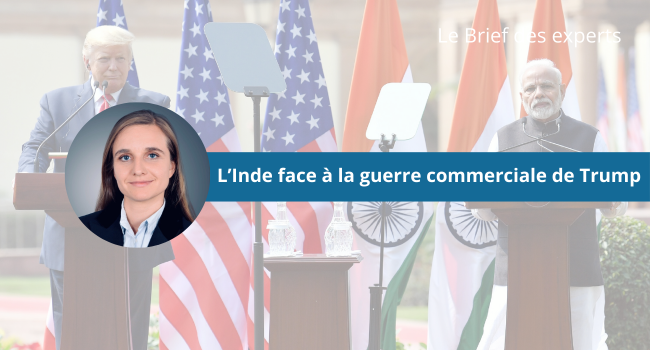
L’Inde face à la guerre commerciale de Trump
Un brief de 30 minutes autour de Sylvia Malinbaum, chercheuse, responsable de la recherche sur l'Inde et l'Asie du Sud au Centre Asie de l'Ifri.
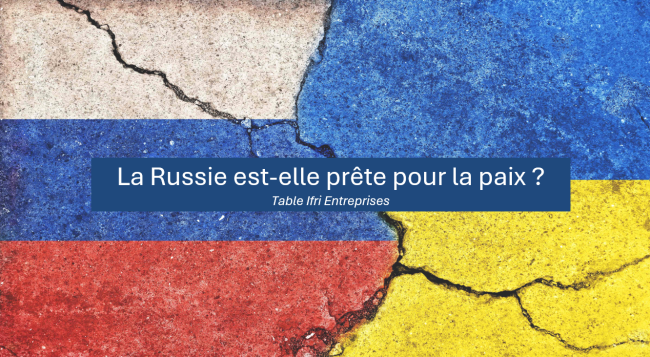
La Russie est-elle prête pour la paix ?
Depuis plus de trois ans, la Russie mène une guerre de haute intensité contre l’Ukraine, qui bénéfice du soutien politique, militaire et financier de l’Occident.


